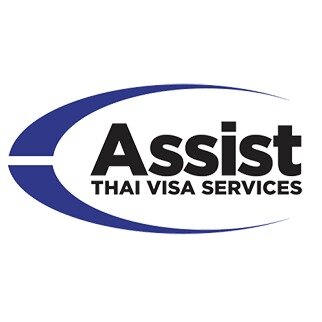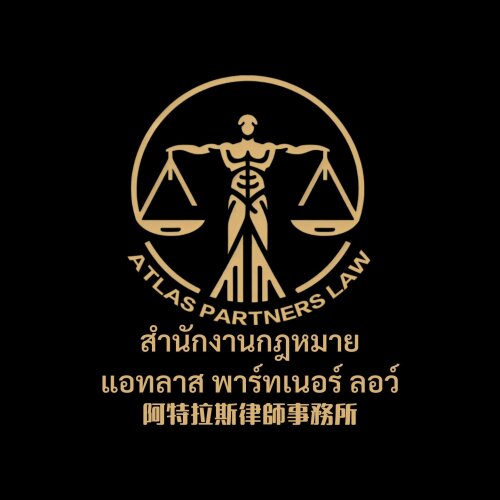About Retirement Visa Law in Chiang Mai, Thailand
Chiang Mai, Thailand, is a popular destination for retirees due to its rich culture, affordable living costs, and hospitable community. The Retirement Visa, formally known as the Non-Immigrant O-A Visa, allows foreign nationals aged 50 and above to reside in Thailand for up to one year, with the option to renew annually. It is essential to meet specific financial criteria, including proof of income or deposits in a Thai bank. Understanding local regulations and requirements is crucial for a smooth relocation.
Why You May Need a Lawyer
While some may find the retirement visa application straightforward, there are scenarios where legal help can be beneficial. A lawyer can assist in understanding complex legal requirements, especially if you have unique financial situations or require an alternative route to meet visa regulations. Legal assistance can also help resolve complications that may arise due to regulatory changes, document discrepancies, or visa denials.
Local Laws Overview
Securing a retirement visa in Chiang Mai involves navigating various legal protocols. Key aspects include compliance with financial requirements (e.g., maintaining a bank account with specific funds), health insurance mandates, and 90-day reporting to confirm continued residence in Thailand. Additionally, applicants must ensure their documentation (e.g., police certificates, medical reports) adheres to Thai legal standards. It is advisable to stay informed about any adjustments to immigration policies or financial thresholds.
Frequently Asked Questions
What is the minimum age requirement for a Retirement Visa in Thailand?
Applicants must be at least 50 years of age to apply for a Retirement Visa in Thailand.
What financial requirements do I need to fulfill?
You must have either a monthly income of at least 65,000 THB or a total deposit of 800,000 THB in a Thai bank account for at least two months before applying.
Do I need Thai health insurance for a Retirement Visa?
Yes, you must have health insurance covering medical expenses in Thailand as part of the visa requirements.
Can I work in Thailand with a Retirement Visa?
No, the Retirement Visa prohibits working in Thailand. It is strictly for retirement purposes.
How long can I stay in Thailand with a Retirement Visa?
The Retirement Visa allows you to stay for one year and can be renewed annually.
Is it necessary to report every 90 days?
Yes, you are required to report your current address to Thai immigration every 90 days.
Can I apply for a Retirement Visa from within Thailand?
You need to apply in your home country, but subsequent renewals can be done within Thailand.
What documents are necessary for a Retirement Visa application?
You need a valid passport, financial evidence, medical certificate, police clearance, and health insurance confirmation.
Can legal representatives help with document preparation?
Yes, a lawyer can ensure your documentation meets all Thai legal standards and requirements.
What happens if my visa application is denied?
If denied, consulting with a legal expert can help address the reasons for denial and explore other visa options or reapplication strategies.
Additional Resources
For more information on Retirement Visas, you can contact the Thai Immigration Bureau, visit the Ministry of Foreign Affairs’ website, or seek assistance from the Chiang Mai Immigration Office. Organizations like the Thai Embassy in your country can also guide document preparation and application processes.
Next Steps
If you are considering or have decided to retire in Thailand and need legal advice, the first step is to consult with a lawyer specializing in Thai immigration law. They can provide personalized guidance tailored to your situation. Ensure the legal expert you choose is licensed to practice in Thailand. Subsequently, prepare your financial documents, health insurance, and any other specified requirements to facilitate a smooth visa application.
Lawzana helps you find the best lawyers and law firms in Chiang Mai through a curated and pre-screened list of qualified legal professionals. Our platform offers rankings and detailed profiles of attorneys and law firms, allowing you to compare based on practice areas, including Retirement Visa, experience, and client feedback.
Each profile includes a description of the firm's areas of practice, client reviews, team members and partners, year of establishment, spoken languages, office locations, contact information, social media presence, and any published articles or resources. Most firms on our platform speak English and are experienced in both local and international legal matters.
Get a quote from top-rated law firms in Chiang Mai, Thailand — quickly, securely, and without unnecessary hassle.
Disclaimer:
The information provided on this page is for general informational purposes only and does not constitute legal advice. While we strive to ensure the accuracy and relevance of the content, legal information may change over time, and interpretations of the law can vary. You should always consult with a qualified legal professional for advice specific to your situation.
We disclaim all liability for actions taken or not taken based on the content of this page. If you believe any information is incorrect or outdated, please contact us, and we will review and update it where appropriate.















